Ancient China: Inventions and Innovations
history of Science and Technology in China considered rich. There are four major inventions, such as the Compass, Gunpowder, Papermaking and Printing. However, there are many more Ancient inventions which make China extremely productive and artistic. China is the source of many inventions, innovations and fantastic discoveries. Today, we are dedicating the entire article to Ancient China. What were the major inventions and innovations? Yes, we will tell you more about the four great inventions as well. However, it is important to know about other Chinese inventions as well. Ancient China has given the world many innovations and inventions which are praise-worthy. Read on to find out more about Ancient China and its inventions.
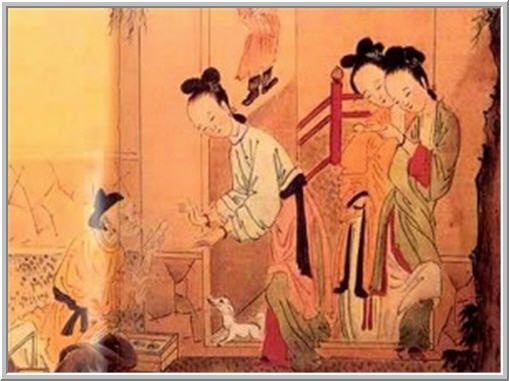
The Contributors
Ancient Chinese engineers, scientists, astronomers, doctors, mathematicians and philosophers made significant contribution to Science and Technology. They made great scientific discoveries, invented great devices and also contributed technological inventions for different fields such as medical, engineering, technology, military, astronomy, mathematics, etc.
The First Inventions in Ancient China
The earliest invention in Ancient China was the abacus. The Kongming Lanterns and shadow clock was also invented in Ancient China. However, the greatest invention have been the compass, gunpowder, papermaking, and printing. Do you know that these inventions were only known to Europe? It was not instant because they got to know about the invention 1,000 years later. It was during AD 610–906 that Ancient China’s scientists, mathematician and inventors made the finest discoveries. It was during the period of Tang Dynasty.
There have been many inventions in Ancient China. You will be amazed to know that the great thinkers and inventors in Ancient China invented some really useful instruments. They are being used in different parts of the world. It was the Chinese people who invented the greatest technologies. Those inventions have improvised by different scientists and inventors. However, the fact will remain that the instruments were invented in Ancient China.
Four Great Inventions
Cai Lun from the Han Dynasty (202 BC–220 AD) was the first person to create paper using paper pulp. Cai Lun was an eunuch and other than pulp paper-making, he discovered new materials that could be used to make paper. He used fish net, mulberry tree bark, old linen and hemp to make the pulp for paper. He made a paste out of this and added water to it. He used the heat of the sun to dry the sheets of paper that he made with the pulp. The process improved later.
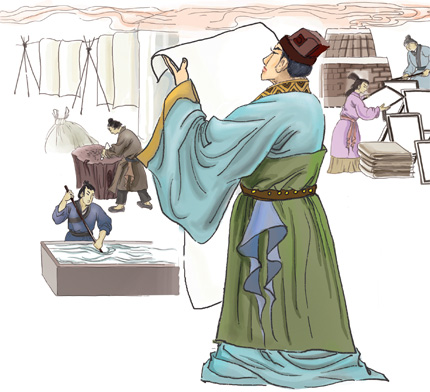
Printing: The earliest book that has been printed was the Diamond Sutra. It was during Tang Dynasty when the book got printed. However, the earliest print is the dharani Sutra, which is written in Sanskrit. It was printed on Hemp paper.
This is the image of Diamond Sutra. It is the first ever printed book!
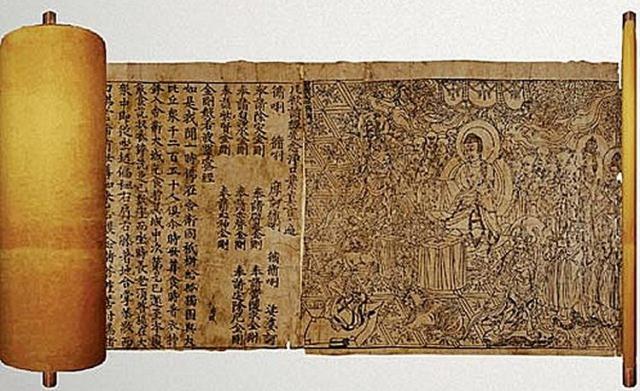
Compass: Originally, the compass was first found in Mexico, but the Han Dynasty (202 BC–220 AD) started using the north-south bowl and ladle-shaped compass. The instrument used as a compass resembled a large spoon. It was placed on the ground and it could show the south direction. It was Zhu Yu who wrote about the use of the compass for navigation.
Gunpowder: The first use of gunpowder was in Tang Dynasty (618–907). In the book The Essentials of the Military Arts (Wujing Zongyao), Zeng Gongliang, Yang Weide, and Ding Du provided the first recipe for making gunpowder. The catapults used these in their bomb launches.
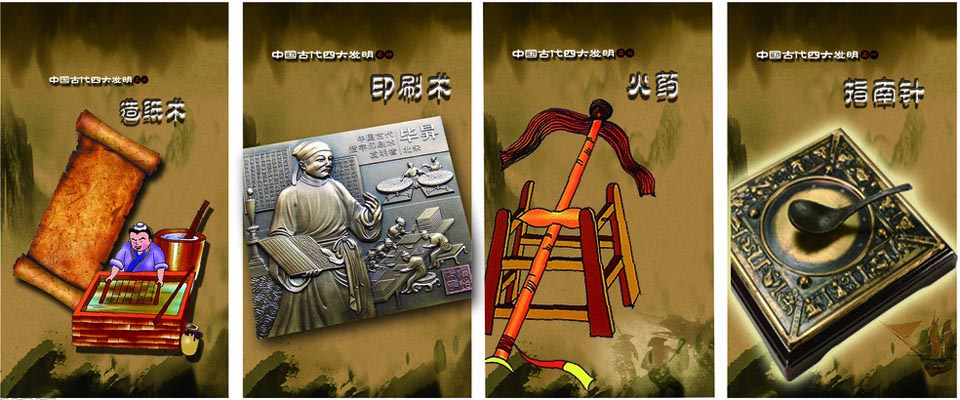
A List of Great Inventions in Ancient China
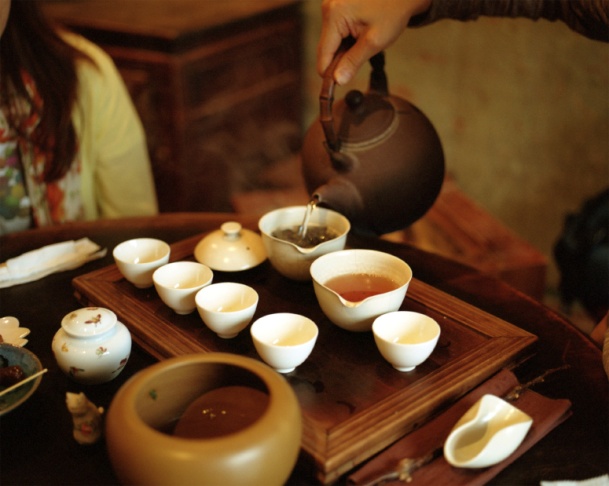
#1 Alcohol
Du Kang and Yi Di were the earliest alcohol makers from the Xia Dynasty. They invented beer, which had 4% to 5% alcohol content. It was also offered to spirits in the Shang Dynasty. Later, the Chinese people discovered that fermentation could increase the content of alcohol. This way, they invented alcohol.
#2 Mechanical Clocks
According to sources, Yi Xing was the first to invent the mechanical clock. He was a mathematician and Buddhist Monk. He belonged to the Tang Dynasty. It was Su Song who created the actual clock from the Song Dynasty (960–1279)
#3 Invention of Tea
tea culture is popular in China. Shen Nong was the first person to drink tea. He was the emperor in 2737 BC. The inventor is unknown but he used a tea shredder to make the tea. The shredder was made with a sharp wheel and wooden pot. It was during the Tang Dynasty that the tea culture became popular. The tea became more refined during this period.
#4 Silk
Chinese people were the ones who harvested the silk. We all know that silkworms create silk but the Chinese people harvested it. It was an important invention because China could establish trade relations with rest of the world through silk. The kimonos are made with silk. kimono is a traditional outfit. You will find many Chinese women wearing silk kimonos.

China – The Land of Great Inventions
There are so many inventions, like porcelain, umbrellas, iron smelting, acupuncture, and earthquake detectors. How did the great thoughts come to their mind? We usually talk about how we should not buy Chinese technological products but if we look at their history, they are the inventors. Today, if we wish to buy a phone, it is the Chinese market which gives us reasonable phones. The kite was also invented in ancient China 3,000 years ago.
The fact that most toothbrushes on the market today are made in China should come as no surprise. It may surprise you to learn that the first toothbrush was created in China during the 619–907 Tang Dynasty. Because boar hair is thicker and more rigid in colder climates, it was sourced from northern China. The handle section was made of wood, bamboo, or bone. When Chinese toothbrushes arrived in Europe in the 1600s, people there began using them, but they did not like the stiffness of the boar hair and preferred the horsetail hair.
Do you know that the ancient Chinese invented paper money? It is the Chinese people who have made important contributions for the world’s welfare. They are responsible for the greatest inventions. We can only thank them for their innovations and inventions. The world would not be so progressive if the Ancient Chinese were not there. Kudos to you, Ancient China!




